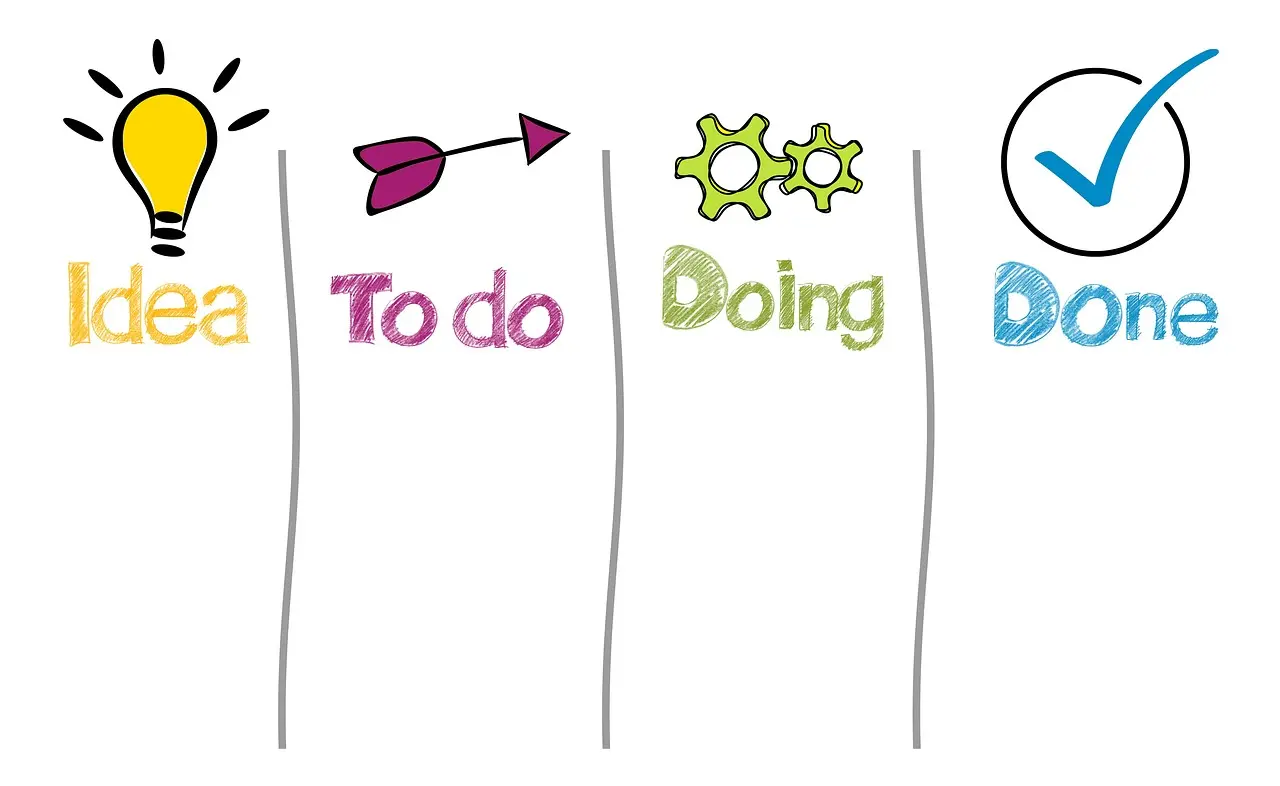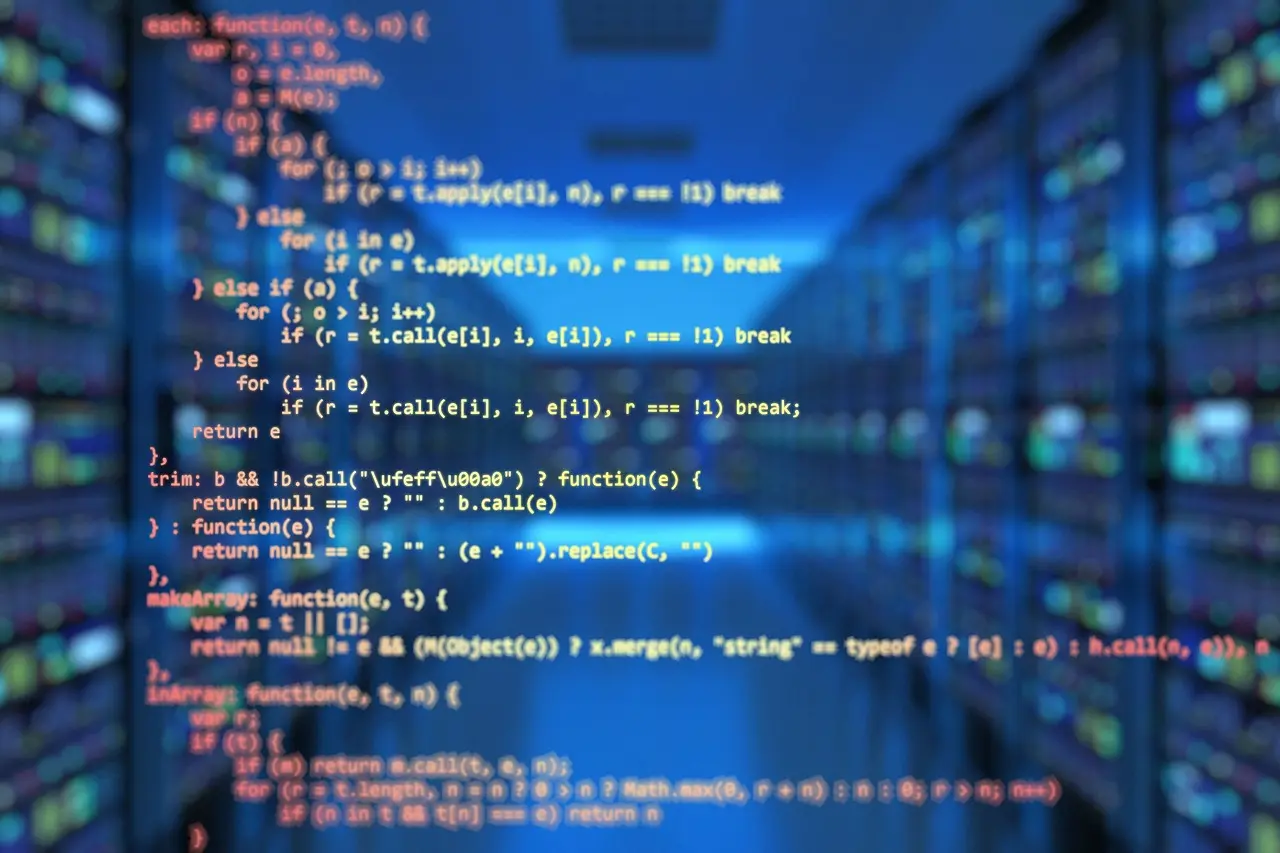The rapid development of artificial intelligence, process automation, and the transformation of digital professions raise one of the main questions of the decade: what will programmers be like in 5 years and will their work remain in demand. The discussion of the future of the profession goes far beyond the technology sector — it touches upon the economy, education, labor mobility, and even philosophy.
The Impact of AI on Developers: Threat or New Paradigm?
The emergence of powerful language models and generative algorithms, such as GPT, has led to a new perspective on the value of human work. However, contrary to concerns, the impact of AI is not limited to market displacement.

Most modern code automation systems require maintenance. Algorithms excel at routine tasks but struggle to interpret context, architecture, and non-standard scenarios. Until the stage of strong intelligence is reached, completely excluding human involvement, development remains dependent on engineers.
Programmers in 5 Years: What Will Their Profile Be?
To understand what programmers will be like in 5 years, one should look at the dynamics of technologies. Changes are already noticeable: reduction in manual coding, increased importance of architectural thinking, integration of AI tools into pipelines. Code is no longer considered the end goal — it becomes a means to manage intelligent systems.
Prompt engineering, neural network integration, development of overlays, and ensuring system coherence come to the forefront.
Factors Shaping the Future of IT Professions
The development of the digital industry will be based on numerous factors that determine the future of IT. The main ones are listed below:
- degree of AI integration into everyday life;
- level of trust in automated systems;
- standardization of languages and frameworks;
- legal restrictions on AI usage in development;
- demand for hybrid professions: data science + frontend;
- availability of low-code and no-code solutions;
- need for developing ethical algorithms;
- dependence on cybersecurity;
- increased role of cloud architectures;
- growing importance of UX and personalization.
These elements transform the approaches to designing digital solutions themselves. Therefore, it is important to consider what programmers will be like in 5 years — what skills they will possess, what tools they will use, and how their role in the team will change.
Developer Profession: Future in New Conditions
The change in role is directly related to the expansion of tasks. Ordinary backend tasks are gradually being replaced by more complex ones: building scalable solutions, cross-platform development, architecture development for machine learning.
This evolution does not make professions obsolete but rather more complex. The deeper the penetration of AI into automation, the higher the demands on a specialist capable of explaining to the system what is required of it.
Will AI Replace Programmers?
Looking at programmers in 5 years from an organizational environment perspective, several obvious trends can be identified. The number of distributed teams will increase, the importance of asynchronous work will rise, and platforms for collaborative real-time code generation and editing will come to the forefront.
Special attention will be given to automation of testing and deployment, quality control tools based on behavioral metrics, and systems for auditing the ethics of used models. All of this creates a new professional reality where a developer must combine technological literacy with creative thinking.
Future Perspectives of the Programmer Profession: Spheres of Sustainable Demand
Understanding what programmers will be like in 5 years helps identify areas where their participation will remain indispensable despite the rapid development of AI tools. Below are the areas where, according to forecasts, the demand for developers will remain consistently high in the long term.
- fintech and financial technologies;
- internal corporate solutions;
- DevOps infrastructure;
- ethical neural networks;
- embedded systems and IoT;
- information security systems;
- educational platforms;
- software for healthcare;
- machine vision models;
- systems for the public sector.
Each of these directions implies comprehensive responsibility where AI cannot act as the final link.
Adapting Through New Competencies
To stay ahead, programmers in 5 years must develop new competencies. The focus will shift from deepening syntax knowledge to integration skills, flexibility, understanding of the product approach. Employers are already looking for specialists who can influence processes and offer solutions, not just people who know the language.
The key advantage will be the ability to adapt: quickly learn frameworks, test hypotheses, work with big data, apply machine learning.
Recommendations for Developers Oriented Toward the Future
To adapt to future conditions, developers need to invest in development, broaden their horizons, and take a conscious approach to career planning. Below are some tips for those who want to stay relevant:

- study the principles of AI and neural networks;
- develop systemic thinking;
- master prompt engineering;
- acquire knowledge in related areas: analytics, product management;
- participate in open-source projects;
- keep up with changes in cyber ethics;
- automate routine tasks;
- test no-code platforms;
- study the legal aspects of AI;
- strengthen soft skills.
Implementing these steps will allow confidently moving towards a direction where the role of a developer is only strengthening.
Programmers in 5-10 Years: Conclusions
A thorough analysis proves that programmers in 5 and even 10 years will not disappear but transform. Instead of simply writing code, they will manage intellectual ecosystems, configure interactions between modules, and shape the meaning of digital products. AI becomes a partner, not a replacement. It is the human who remains the source of strategic thinking, ethics, and vision, without which building a technological future is impossible!
 en
en  ru
ru  de
de  ar
ar  es
es  nl
nl  hi
hi  fr
fr  pt
pt  it
it  el
el 












